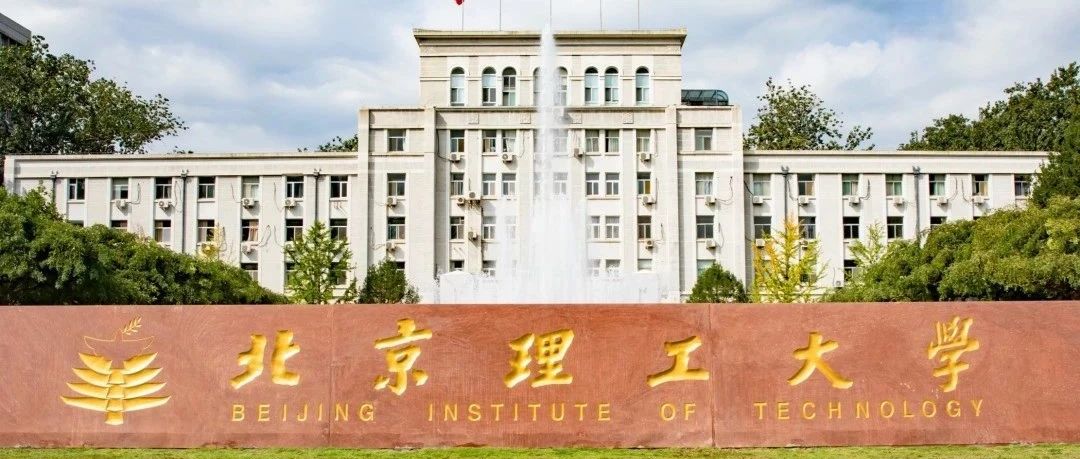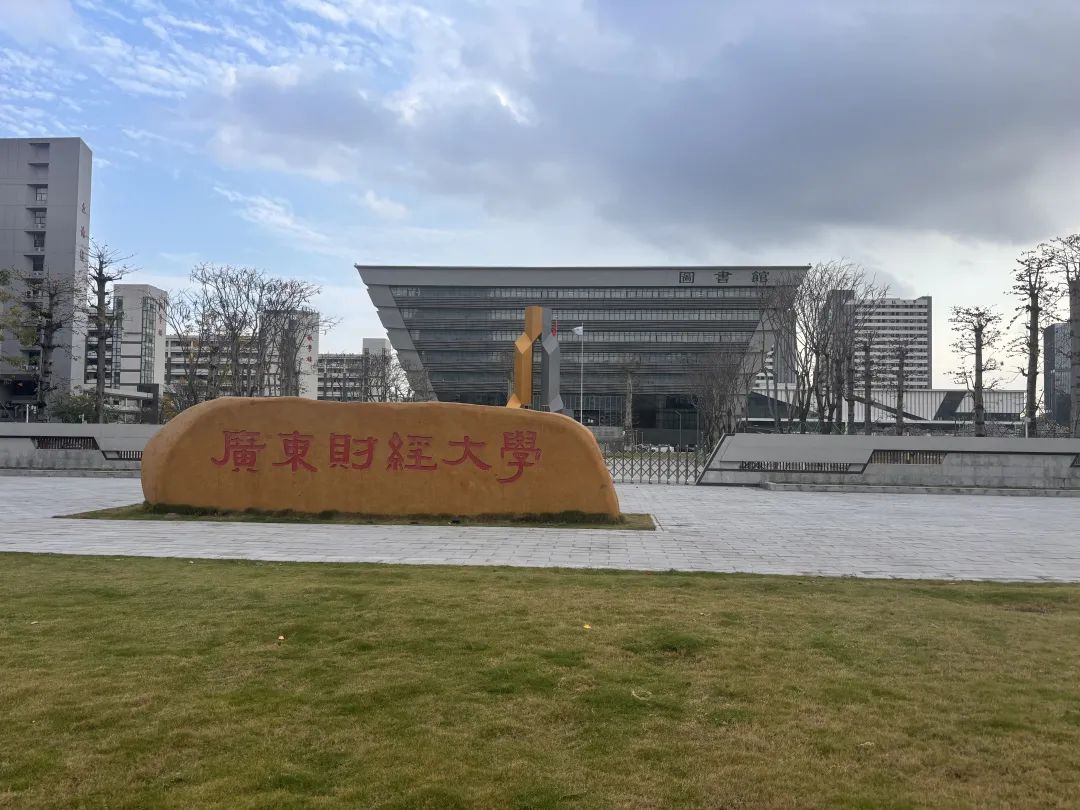各位Junior组别的小辩手们:
WSDA五月的区域赛&线上赛将于本周末正式拉开帷幕,Junior即兴辩论的备稿辩题也将迎来每月一度的更新。热爱辩论的你们,准备好迎接新的挑战了吗?
为了让大家能更好的在繁多的资料中理清思绪,老师为大家奉上Junior即兴辩论5月备稿辩题解析,为大家的备赛之路加油助力!
Space exploration is more important
than environmetal protection to teach in schools.
比起教授环境保护,在学校中教授太空探索更为重要。
While space exploration offers various benefits in terms of inspiration, innovation, and technological advancement, it's essential to consider the immediate relevance, resource allocation, ethical implications, and educational focus when comparing its importance to environmental protection in school curricula. Both topics have merits and can be integrated into educational programs to provide a comprehensive understanding of humanity's role in the universe and our responsibility to protect our planet.
PROS
01Inspiration & Innovation
Teaching about space exploration can inspire students to pursue careers in science, technology, engineering, and mathematics (STEM). It fosters innovation and technological advancements that can benefit society in various ways.
-
Awe & Wonder: Learning about the vastness of the universe, the mysteries of black holes, the potential for life on other planets, and the sheer scale of space exploration missions can evoke a sense of awe and wonder in students. This sense of wonderment can inspire them to explore the unknown, ask big questions, and pursue careers in STEM fields to uncover the answers.
-
Imaginative Exploration: Space exploration encourages imaginative thinking and creativity as students contemplate what extraterrestrial life might look like, how to build sustainable habitats on other planets, or how to travel faster than the speed of light. This imaginative exploration fosters curiosity and critical thinking skills, which are essential for scientific inquiry and innovation.
-
Problem-Solving Skills: Space exploration presents complex challenges that require interdisciplinary problem-solving skills. Students studying space missions can learn about the iterative process of designing, testing, and refining solutions to overcome engineering obstacles, manage risks, and ensure mission success. These problem-solving skills are transferable to real-world challenges and can prepare students for careers in fields where innovation is key.
-
Collaboration & Teamwork: Space exploration projects often involve collaboration between scientists, engineers, and researchers from different countries and organizations. Students learning about space exploration can gain an appreciation for the importance of teamwork, communication, and collaboration in tackling ambitious goals and advancing human knowledge. These collaborative skills are essential in the modern workforce, where interdisciplinary teamwork is common.
-
02Global Perspective
Learning about space exploration encourages students to think beyond Earth's boundaries and consider humanity's place in the universe. It promotes a global perspective and understanding of our interconnectedness as inhabitants of planet Earth.
-
Cosmic Perspective: Studying space exploration provides students with a broader context for understanding humanity's place in the universe. By learning about the scale of the cosmos, the formation of galaxies, and the prevalence of exoplanets, students gain a deeper appreciation for the vastness of space and the uniqueness of Earth as a habitable planet.
-
Cultural Exchange: Space exploration provides opportunities for cultural exchange and mutual understanding among people from different countries and backgrounds. Students can learn about the diverse perspectives, traditions, and contributions of scientists, engineers, and astronauts from around the world who participate in space missions. This exposure to cultural diversity promotes empathy, tolerance, and respect for different ways of thinking and living.
-
Planetary Stewardship: Learning about space exploration can inspire students to become responsible stewards of planet Earth. Discussions about the challenges of long-duration space travel, sustainability in space habitats, and the search for alternative energy sources prompt students to consider innovative solutions to environmental issues and resource management on Earth. By studying the technologies and strategies developed for space missions, students can apply these lessons to address global challenges such as climate change, pollution, and biodiversity loss.
03Technological Applications
Space exploration drives technological developments that have practical applications on Earth, such as satellite communication, medical imaging technologies, and environmental monitoring systems. Studying these advancements can be beneficial for students interested in STEM fields.
-
Global Connectivity: Space exploration has revolutionized communication through the deployment of satellites for global connectivity. Students can learn about how satellites orbiting Earth facilitate telecommunications, internet access, television broadcasting, and navigation services like GPS. Understanding satellite communication systems provides insights into the infrastructure that enables real-time communication and information exchange on a global scale.
-
Remote Healthcare: In remote or underserved areas where access to healthcare is limited, space-derived medical technologies offer solutions for remote diagnosis and telemedicine. Students can learn about how satellite communication, telemedicine platforms, and wearable health monitoring devices enable healthcare professionals to remotely monitor patients, provide medical consultations, and deliver healthcare services in remote locations.
04Resource Utilization
Exploring space could lead to the discovery of valuable resources on other celestial bodies, which could potentially address resource scarcity issues on Earth. Teaching about space exploration can prompt discussions about sustainable resource management and extraction techniques.
-
Planetary Bodies: Space exploration missions, such as those to the Moon, Mars, and asteroids, aim to explore the composition and potential resources of these celestial bodies. Students can learn about the scientific techniques used to analyze planetary surfaces, identify mineral deposits, and assess the availability of water, metals, and other valuable resources. Understanding the geological processes and conditions on other celestial bodies informs scientists about the distribution and abundance of resources in the solar system.
-
Extraterrestrial Mining: Teaching about space exploration can prompt discussions about the ethical and environmental considerations of extraterrestrial mining activities. Students can examine the potential benefits and risks of mining operations on other celestial bodies, including the impacts on planetary environments, ecosystems, and cultural heritage sites.
-
International Cooperation: Students can examine examples of international cooperation in space exploration, such as scientific collaborations, and shared space facilities, and consider how similar collaborative approaches could be applied to address resource scarcity issues on Earth. Learning about the benefits of international cooperation promotes discussions about collective action, diplomacy, and equitable resource distribution in a global context.
CONS
01Immediate Relevance
Environmental protection is a pressing issue that directly impacts the well-being of current and future generations. Some may argue that dedicating educational resources to space exploration, which has less immediate relevance to everyday life, takes attention away from urgent environmental concerns.
-
Issues as human health, economic stability, environmental challenges are more pressing to life nowadays. Teaching about environmental challenges emphasizes the interconnectedness of environmental issues, the complexity of environmental systems, and the need for collective action to address urgent environmental concerns. By prioritizing environmental education, schools can empower students to become informed and engaged citizens who contribute to building a sustainable and resilient future for all.
02Resource Allocation
The vast resources invested in space exploration could be better utilized to address pressing issues on Earth, such as climate change, pollution, and poverty. They contend that prioritizing space exploration over environmental protection may exacerbate existing inequalities and environmental degradation.
-
Limited Resources: The vast financial resources invested in space exploration could be redirected towards addressing pressing issues on Earth, such as climate change mitigation, pollution reduction, and poverty alleviation. They contend that allocating resources to space exploration diverts funding and attention away from urgent societal challenges that directly impact human well-being and the environment.
-
Prioritization of Needs: The prioritization of space exploration over addressing basic human needs, such as access to clean water, healthcare, education, and shelter. Investments in space exploration should be balanced with investments in social programs and infrastructure that directly benefit disadvantaged communities and address systemic inequalities.
-
Environmental Footprint: Concerns raise about the environmental impact of space exploration activities, such as rocket launches, satellite deployments, and space debris accumulation. Space exploration contributes to carbon emissions, air and water pollution, and habitat destruction, thereby exacerbating environmental degradation and climate change.
03Ethical Considerations
Some people question the ethics of prioritizing space exploration over environmental protection, particularly when environmental degradation threatens the survival of numerous species, including humans. They argue that addressing environmental challenges should take precedence over exploring outer space.
-
Immediate Threats: Environmental waste poses immediate threats to human survival and well-being, including the loss of biodiversity, habitat destruction, pollution, and climate change. Addressing these urgent environmental challenges should prioritize over exploring outer space, as the consequences of environmental degradation are already being felt by communities worldwide.
-
Value of Life on Earth: The ethical priorities of prioritizing space exploration over protecting life on Earth should be questioned. The value of preserving Earth's ecosystems, biodiversity, and natural resources far outweighs the speculative benefits of exploring outer space, particularly when human activities threaten the survival of numerous species and ecosystems.
04Educational Focus
Advocates for environmental education argue that teaching about environmental protection is crucial for fostering environmental stewardship and empowering students to address environmental challenges. They contend that allocating educational resources to space exploration instead of environmental protection may neglect teaching students about sustainability and environmental conservation.
-
Understanding Environmental Issues: It is important to provide students with a comprehensive understanding of environmental issues, such as climate change, pollution, deforestation, and biodiversity loss. Teaching about environmental protection fosters environmental literacy by equipping students with the knowledge, skills, and attitudes needed to address pressing environmental challenges and make informed decisions as responsible citizens.
-
Local & Global Perspectives: Environmental education encourages students to consider environmental issues from both local and global perspectives. By studying local ecosystems, environmental problems, and community-based solutions, students gain an appreciation for the interconnectedness of environmental issues and the importance of taking actions at the local level while recognizing the global dimensions of environmental challenges and solutions.
看完以上对5月备稿辩题的详细解读,各位小辩手们是不是已经迫不及待的想要在赛场上大展身手了呢?2024春季线上活动仅剩最后2场!线下城市区域赛也将于本周末起陆续开展!











